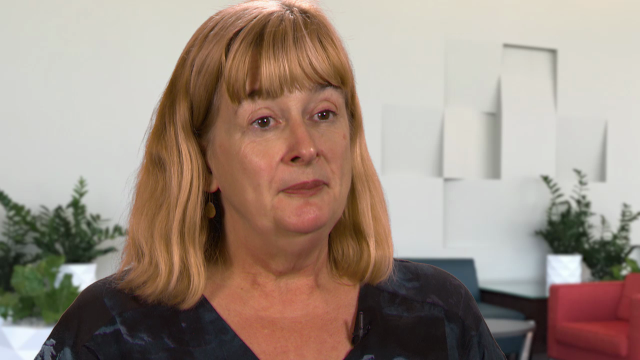Nottingham Trent University prepare its way to the future with One Identity
 02:21
02:21
Hear how Nottingham Trent University simplified its IAM challenges and set the foundation for the future by replacing its monolithic and complicated system with One Identity solutions. En savoir plus
Related videos
Responsible AI for improved security and better decision making
Is AI the right technology for the problem we’re trying to solve? That’s the question Brian Chappell, VP of product management at One Identity, and Andrew Hartn...
08:30
Safeguard: Using the double-edged sword of AI for good
Examine the function of AI in security tools, and how this double-edged sword can be used for good or ill in the cybersecurity sphere. Plus, see its integration...
03:29
Controlling non-human identities in your enterprise with One Identity
With every organization vying to automate away their cybersecurity problems, it’s easy to allow the machine identities taking on formerly manual tasks to becom...
02:46
IAM Compliance
Regulatory compliance is not a simple undertaking, but it is non-negotiable. Failing an audit can have dire consequences. Watch this video for strategies to emb...
08:59
